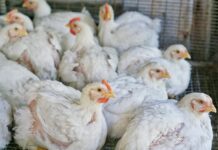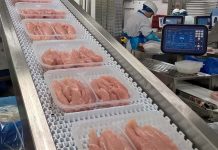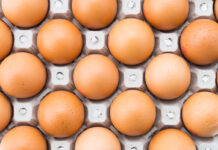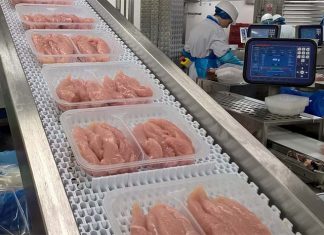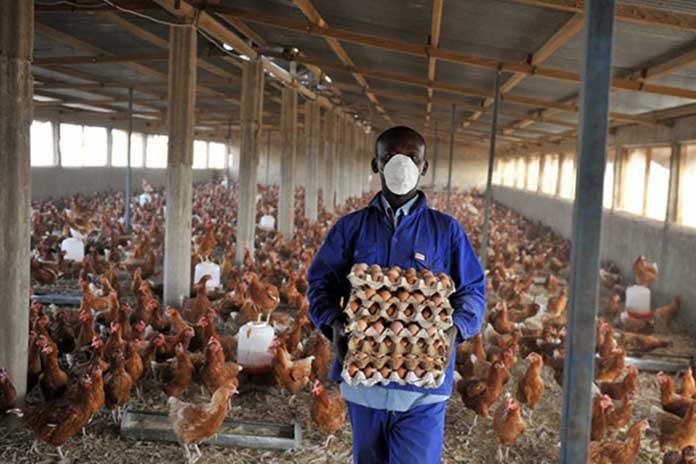
On request of Netherlands Enterprise Agency and the Netherlands Embassy in Kinshasa, Wageningen Livestock Research conducted a study on the development of the poultry sector in the Kinshasa area. The main aim was to assess the current production gap and analyse investments that are needed to increase self-sufficiency in poultry production in the area.
Current imports
The study analyses the present situation with regards to production, import and consumption of eggs in the area in and around Kinshasa as well as the social and economic benefits of increased self-sufficiency in egg production in this area. The analysis will assist social investors from the Netherlands in decision-making on future initiatives and serve as a lobby tool to the government of the DRC to create a stronger enabling environment for local egg production.
There is a great potential for demand of eggs and chicken in Kinshasa due to the large population of about 12 million inhabitants. Based on statistics from the ministry of Fisheries and Livestock, in 2014, about 420,000 tons of chicken and about 30,000 tons of eggs (and egg derivatives) were imported to Kinshasa.
A self-sufficiency scenario is hindered by a number of factors:
Imports are often cheaper than local products
Cost of imported products in the market can often be cheaper than locally produced ones. A dressed broiler chicken locally produced costs 5.5 USD while the same import- broiler costs about 3.8 USD in the local market. A tray of local large sized egg from costs 3.75 USD at farm gate while the same from imported eggs is bought in the market for 3.0 USD.
Consumers do not consider the quality when buying
Consumers mostly consider the price. Cheaper products are bought faster. Also, internal organs – liver, gizzard, heart, etc. – which are cheaper, are bought faster than other more expensive parts of the chicken.
Heavy importation/high prices of feed and poultry products
Local poultry production is hindered by very high feed prices. Most of the feed is imported; based on expert estimates, more than 70% of concentrates and 10% of complete feeds are imported to serve local poultry farms in Kinshasa.
There is also a high dependency on imported farm equipment and vaccines which contribute to high prices and high cost of production. If the imports would be replaced by local production, there is a need for about 3,200 poultry farms in Kinshasa, which will create more than 30.000 jobs. The study concludes with the following recommendations; Local production of feed ingredients is possible due to the availability of land and suitable climate for cultivating maize, wheat, millet, soybeans and other suitable feed ingredients. This needs to be encouraged through various ways. Policies and support projects are needed to favour the production of local products such as drinkers, feeders, vet products etc. Commercial investments are not likely to improve local production due to uncertain political and security situation.The Netherlands can support the growth of safe local products through public investments such as G2G projects on food safety, veterinary capacity, K2K projects for training and education and providing available subsidies to stimulate Dutch-Congolese joint ventures in feed and poultry production.


